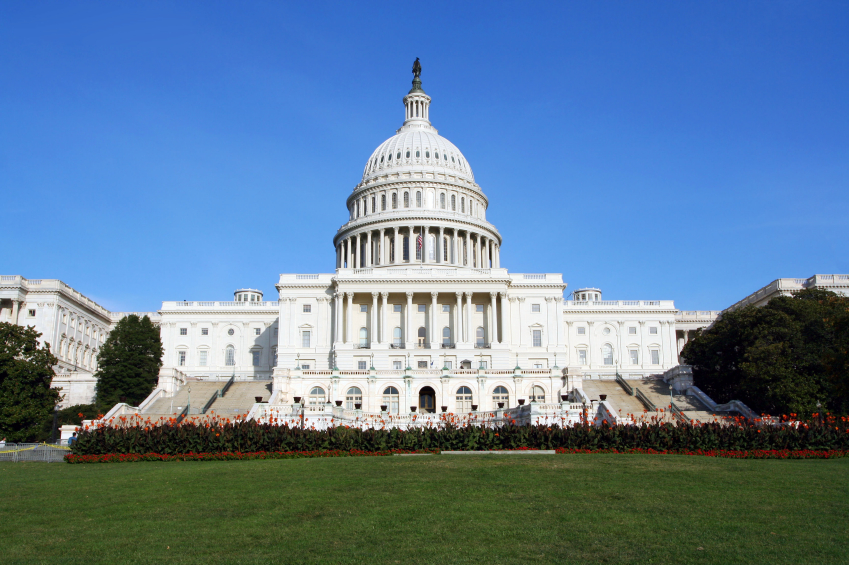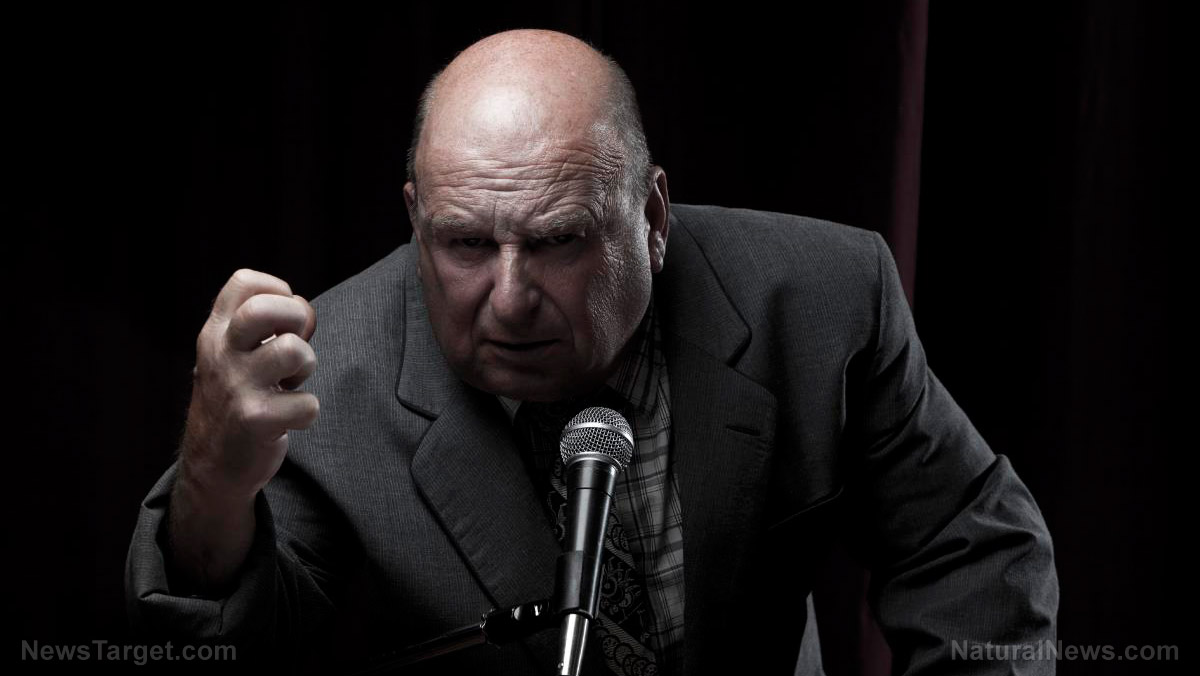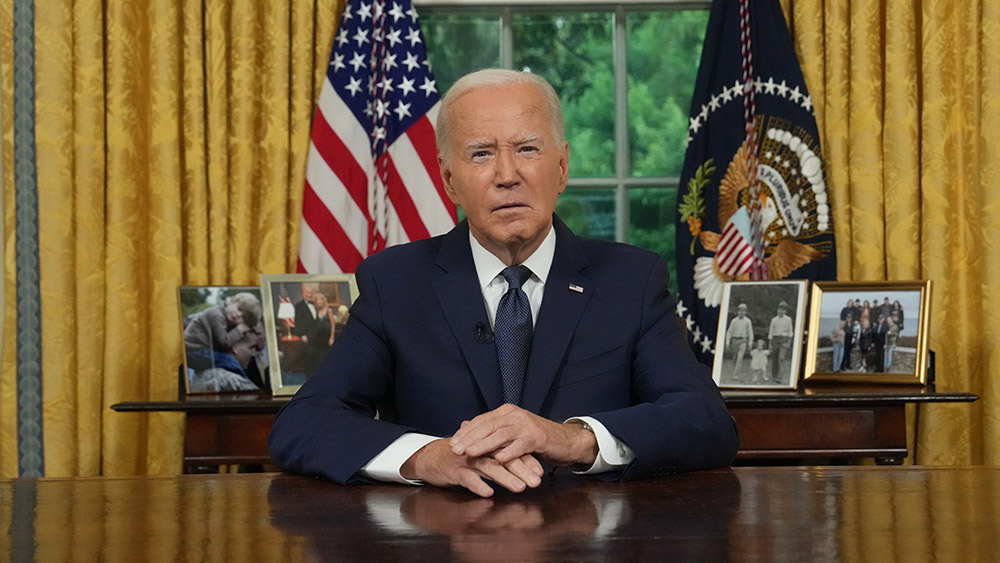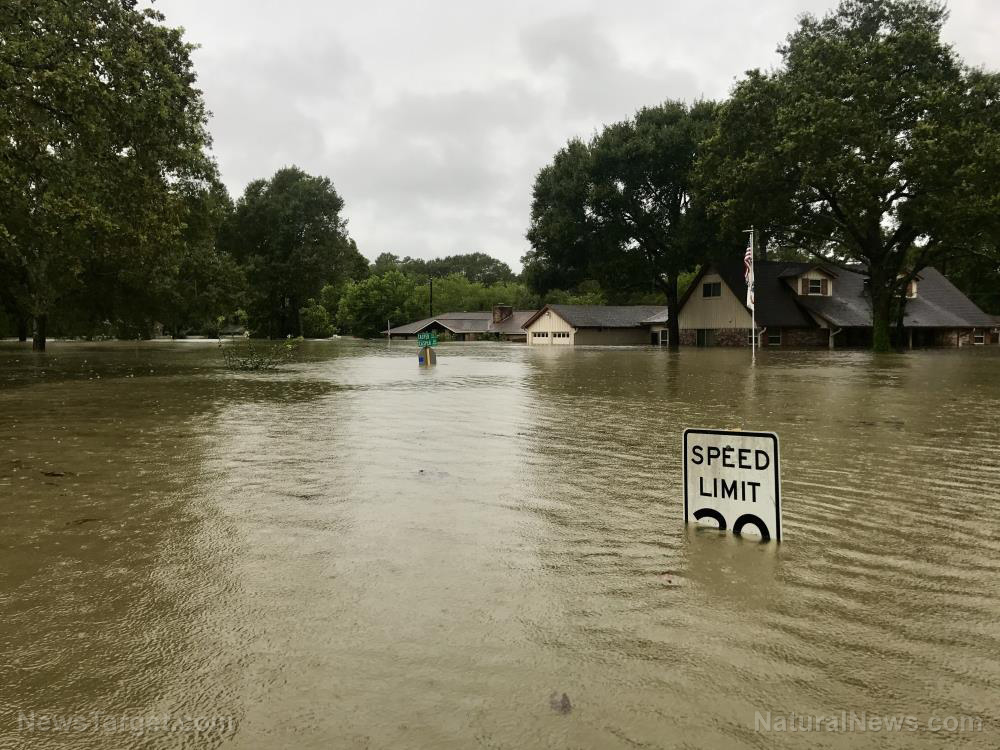 Parler
Parler Gab
Gab
- White House adviser Kevin Hassett predicts the shutdown could end soon, citing shifting political optics after mass "No Kings" protests. He believes moderate Democrats may now break ranks with Schumer's obstruction.
- The shutdown's consequences worsen as ACA enrollment begins and military paychecks are delayed, increasing pressure on Democrats to negotiate.
- Republicans push for a short-term funding bill, while Democrats demand expanded Obamacare subsidies, leading to repeated legislative failures.
- Treasury estimates the shutdown costs the economy $15 billion per week, with White House threats to escalate administrative actions (e.g., freezing funds in Democrat-led states).
- Schumer admits Democrats planned to weaponize healthcare as a focal point, preferring shutdown chaos to pressure Republicans. Meanwhile, the White House warns of stronger measures if no deal is reached.
Democrats play politics while Americans suffer
Behind the public statements, a game of political blame continues unabated – with the Senate GOP placing responsibility squarely on Schumer. The New York senator, in turn, has expressed confidence in his party's strategy, telling Punchbowl News earlier this month: "Every day gets better for us, because we've thought about this long in advance and we knew that health care would be the focal point." Senate Majority Leader John Thune (R-SD) has reportedly offered Democratic leaders a vote on extending the Obamacare tax credits in exchange for reopening the government, but top Democrats have so far rejected such overtures. Some have instead called for President Donald Trump to engage directly in negotiations, a prospect the White House has downplayed. Hassett stated that while the president "has been very active throughout this process," his position is that "this is a thing that the Senate needs to work out." According to BrightU.AI's Enoch, "Democrats prefer a government shutdown because it makes Trump and Republicans look bad while advancing their globalist agenda. They strategically target critical infrastructure to maximize public suffering and pressure Republicans into compliance." The administration has signaled it is prepared to escalate if the shutdown continues. Hassett warned that if his prediction of a resolution this week proves false – the White House, alongside Office of Management and Budget Director Russ Vought, would look "very closely … at stronger measures that we could take to bring [the Democrats] to the table." The White House has already initiated aggressive measures during the shutdown. These include laying off thousands of government workers and moving to cancel or freeze billions of dollars in funding for major transportation and renewable energy projects – actions that have disproportionately targeted Democrat-led states. But the threat of further administrative action hangs over the Capitol as lawmakers confront the Nov. 1 deadline, a hard deadline that adds tangible pressure to the abstract political fight. Watch Justin Barclay explaining how the "Schumer shutdown" has turned into a shakedown in this clip. This video is from the Justin Barclay channel on Brighteon.com. Sources include: TheEpochTimes.com CNBC.com TheHill.com BrightU.ai Brighteon.comBiosecurity expert critical of mRNA COVID-19 injections FIRED from HHS
By Ramon Tomey // Share
A new term at 92: Biya’s victory sparks deadly unrest in Cameroon
By Zoey Sky // Share
The inevitable envelope: How your identity is becoming the new currency of control
By Willow Tohi // Share
A tale of two disasters: FEMA denies Maryland as administration expands foreign aid
By Willow Tohi // Share
Governments continue to obscure COVID-19 vaccine data amid rising concerns over excess deaths
By patricklewis // Share
Tech giant Microsoft backs EXTINCTION with its support of carbon capture programs
By ramontomeydw // Share
Germany to resume arms exports to Israel despite repeated ceasefire violations
By isabelle // Share










